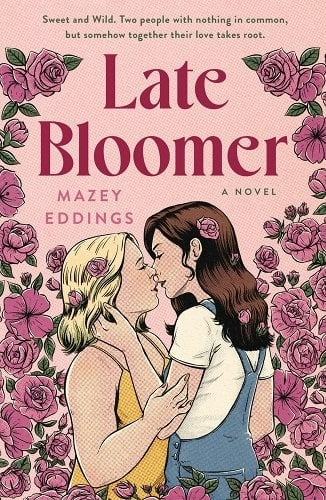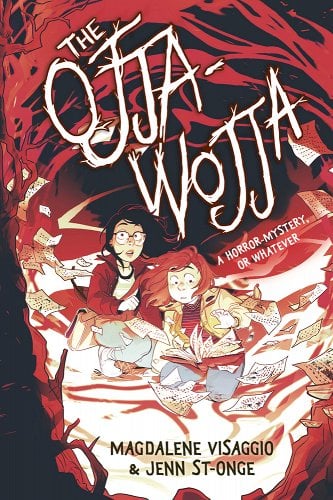Buy this from Bookshop.org to support local bookstores and the Lesbrary! After winning the lottery, Opal Devlin puts all her money in a failing flower farm, only to find an angry (albeit gorgeous) Pepper Boden already living there. Though she’s unable to find her grandmother’s will, Pepper claims she’s the rightful owner of Thistle andRead More
When Your Hyperfixation is Sapphic Books: A Shortlist of Sapphic Autistic Narratives
I recently read a report from the University of Cambridge about how autistic people are more likely to be queer than allistic people, with specifically autistic female-identifying people being three times as likely to identify as some form of queer. If you are interested in reading more about this, you can read the abstract. ThisRead More
Sporty Sapphics: Cleat Cute by Meryl Wilsner
Bookshop.org Affiliate Link Meryl Wilsner’s Cleat Cute is probably one of the most talked-about sapphic romances of the fall, at least in my circles, and in my opinion, the hype is deserved. It follows serious team captain Grace Henderson and enthusiastic up-and-comer Phoebe Matthews from a rocky first impression to a growing respect to genuine romantic feelings, allRead More
Ted Lasso But Make It Sapphic: Cleat Cute by Meryl Wilsner
Bookshop.org Affiliate Link “Calling Phoebe loud and obnoxious and gay ignores all her layers and contradictions. That’s Grace’s issue with fame—people take you at face value. Nobody bothers to look for the person beneath the brand.” ⚠️ Spoilers ahead. Book contains graphic sex scenes. ⚠️ Phoebe Matthews is ready to take her first season as aRead More
Kayla Bell reviews The Fallen by Ada Hoffmann
Remember last month, when I said that I love the publisher Angry Robot and the book that made me fall in love with them was Ada Hoffman’s The Outside? Well, manifesting works, because this month, I get to review The Fallen, The Outside’s sequel. This review will include some spoilers for The Outside, so IRead More

